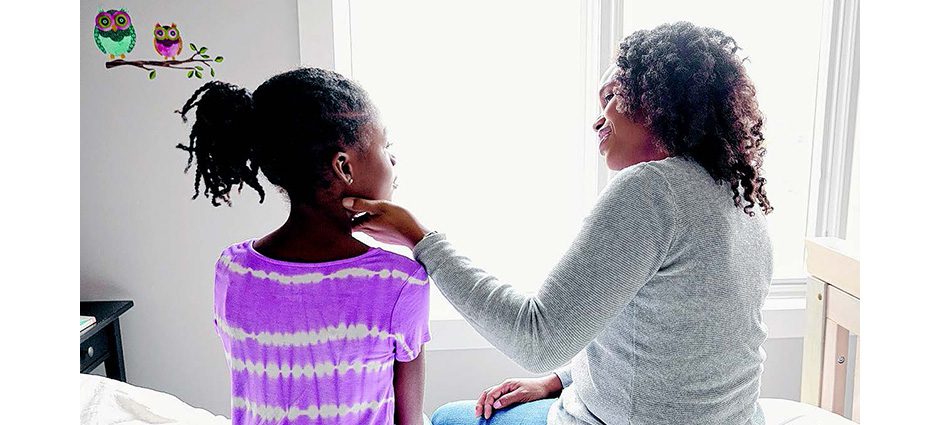
[This piece was written by Nathan Graber, MD, MPH, FAAP, with St. Peter’s Pediatrics in Clifton Park, a member of St. Peter’s Health Partners Medical Associates.]
We can’t protect our children from all the ups and downs of life, nor should we. Stress can sometimes be positive, like mastering a difficult subject in school or learning how to ride a bike. Most of the stress your kids experience will be tolerable at its worst, and that adversity can help them grow, develop and learn.
Some stresses that children experience, however, such as violence, the death of someone close, bullying, and natural disasters, can have a tremendous impact on a child’s physical health and mental well-being. This is especially true if the stressors are persistent and repetitive, also known as ‘toxic’ stress.
Resilient children have the tools they need to respond to life’s challenges. A resilient child is one who returns to ‘baseline’ quickly after exposure to a stressful event. They are able to process the event and their own emotional, behavioral and physical response, and then resume their normal, day-to-day activities with little to no long-lasting negative effects.
Resiliency is an essential trait for a successful, productive and meaningful life. But it is not a trait we are born with.
Caring, engaged adults are a major factor in building resilient children. As parents, we often put our own emotional needs aside to care for our children’s needs. This is important in times of crisis when a child needs a stable adult in his or her life and a parent’s unconditional love.
Yet, our children should not be restricted from seeing that adults also have emotional lives. When we are resilient, we model those behaviors for our children. Many of us were raised not to share our feelings, keeping our emotions private. But having open dialogues with family and friends, being involved in our community, and acknowledging our stressors is a much healthier approach.
Knowing each child’s social and emotional competence, along with having an understanding of normal childhood development, will help parents set expectations and guide their child through difficult times. Kids will work hard to live up, or down, to the expectations we set, so focus on developmentally appropriate effort, not outcomes, and expect them to be compassionate, generous and creative.
No magic formula will guarantee that our children will succeed in every difficult situation. But, if we parent from a place of love and understanding, realize it is never too late to make changes, and always be willing to learn, we can help our children develop the ability to face challenges and be more resilient. It is a gift that will last them a lifetime.
St. Peter’s Pediatrics – Clifton Park, 1 Tallow Wood Drive on the St. Peter’s Medical Campus, offers a complete range of services for children. New patients are welcome, with services including well-child routine care, sick-child exams, school and camp physicals, sports physicals, immunizations, and access to other hospital services and referrals to specialists. Call 518-688-0295 for an appointment.





